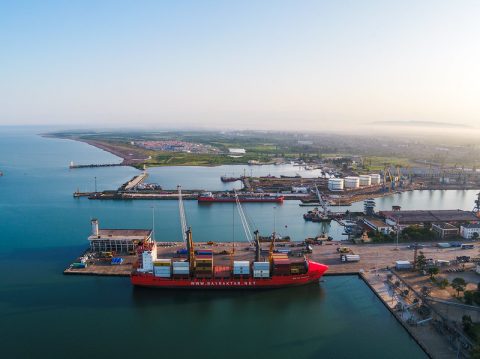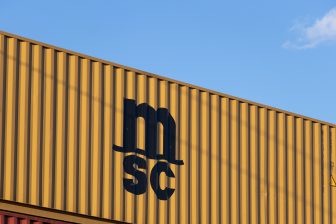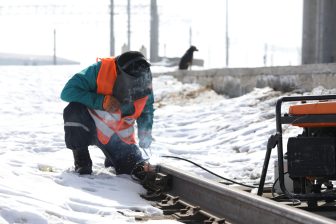
Maersk puts Central Asian markets in the spotlight with new service
After a long time, Maersk returned to the forefront of Eurasian connections. The global shipping player launched a new intermodal service connecting the port of Poti in Georgia with Kazakhstan and Uzbekistan using the Middle Corridor. The service will run on a weekly basis and could expand to other countries in the region.
The growing importance of Central Asian markets within the global supply chain is confirmed. Maersk proves what many professionals have been saying since the emergence of the Middle Corridor as an alternative to the Russian route–that the Middle Corridor is not there to serve only China-Europe volumes but that its true potential might be in taping the markets of Central Asia via relevant logistic solutions.
After all, Maersk is already active in the corridor with a link to China, which was introduced to the market in May 2022. This service will continue running independently from the new intermodal connection between Poti, Kazakhstan and Uzbekistan.
Typical intermodal
Concerning Maersk’s new service implementation, the Georgian port of Poti will serve as the consolidation hub for volumes coming from markets like the United States, Europe, Mediterranean countries and the Far East. From Poti, rail will take over cargo transport to the Azerbaijani port of Baku and from there, it will continue via the Caspian Sea to the Kazakhstani port of Aktau. In Kazakhstan, rail will be deployed again to reach destinations such as Almaty, Astana, and Tashkent. At the same time, the possibility of further connections to the neighbouring countries of Tajikistan, Kyrgyzstan and Turkmenistan should not be excluded.
Furthermore, Maersk mentioned that it reserves truck capacity in all countries involved in this supply chain if rail capacity is overloaded or disrupted along the route so that cargo can keep moving. Hopefully, the capacity will be there, and the service will not shift to a sea-road connection.




